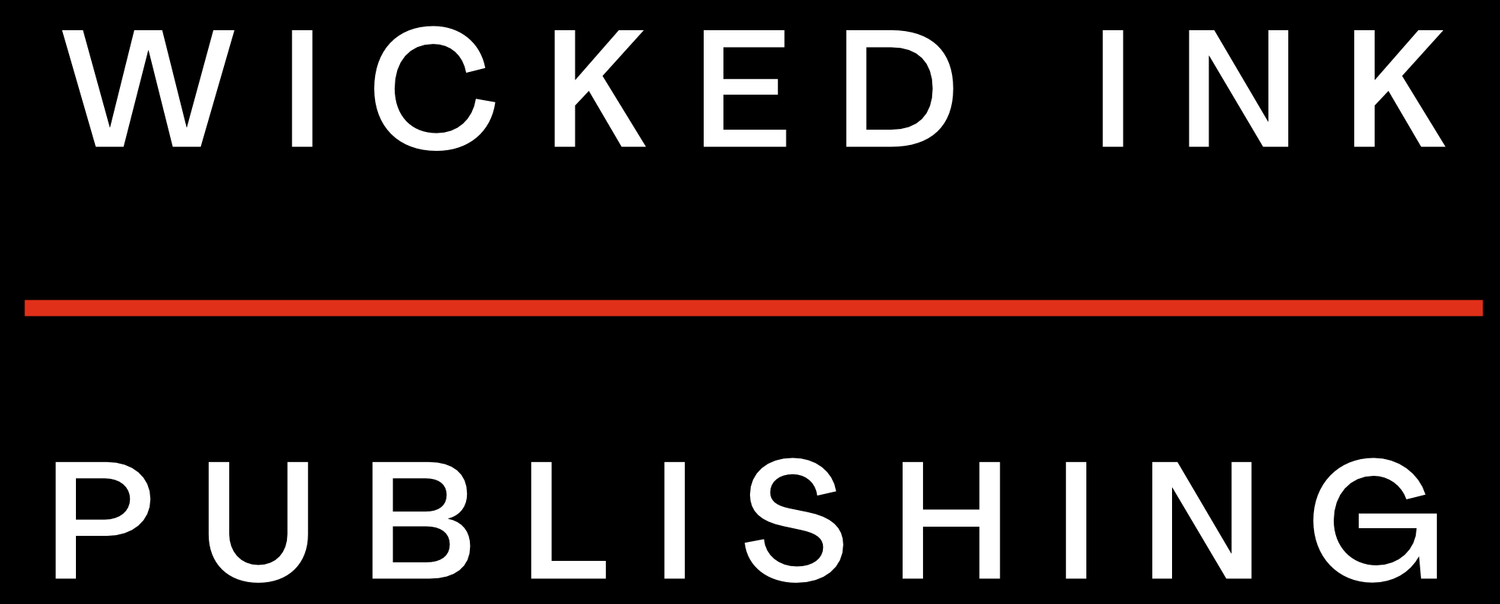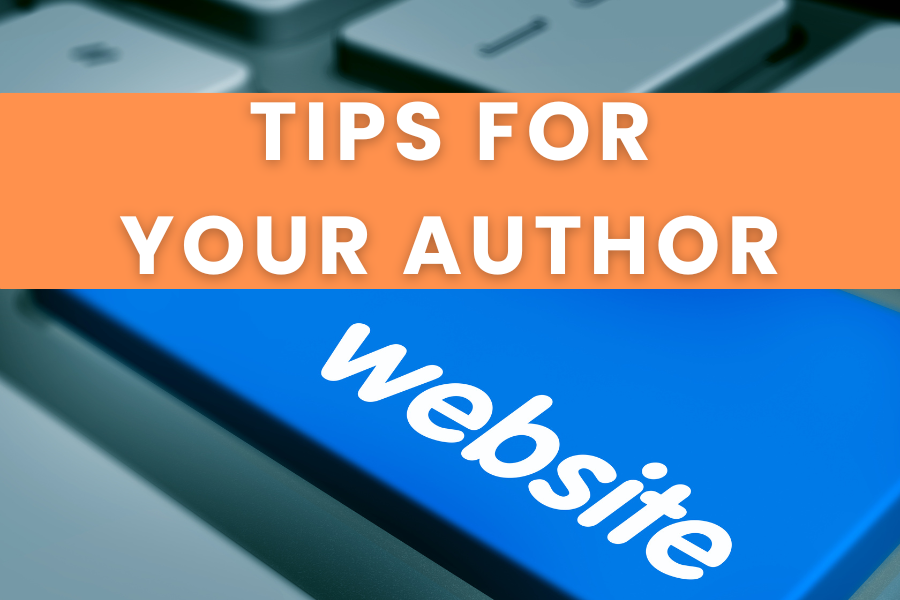Creating the Perfect Author Website: A Guide to Getting you Started
In the digital age, an author website is more than just a luxury—it's a necessity. Your website is your online business card, portfolio, and bookstore all rolled into one. But what exactly should an author website include? Here's a guide to help you create a site that showcases your work, engages your audience, and enhances your online presence.
Homepage: The First Impression
Your homepage is the gateway to your site and should immediately convey who you are and what you write. Here's what to include:
Logo/Name: At the top, place your logo or your name in a clear, readable font.
Navigation Menu: Links to essential sections such as About, Books, Blog, Contact, and any other key areas.
Professional Photo: A high-quality, professional photo of yourself.
Tagline: A short, catchy phrase that encapsulates your brand or genre. For example, "Exploring the Mysteries of the Human Mind" for a psychological thriller author.
Call to Action (CTA): Buttons like "Discover My Books" or "Join My Newsletter" to guide visitors deeper into your site.
Highlight your latest or most popular book with a brief description and a link to learn more. You can also include a section for recent blog posts (if you desire to create a blog, more on that below), book releases, or upcoming events.
About Page: Your Story
Your About page should tell your visitors who you are and why you write. Make it personal and engaging.
Short Bio: A concise version for quick reads.
Extended Bio: A more detailed account of your writing journey, achievements, and personal tidbits.
Professional Photos: Use different professional images to add a personal touch.
Include some interesting, quirky facts about yourself. It makes you relatable. This can include hobbies, favourite books, or unexpected skills. You can even share your approach to writing, your inspirations, and what drives you to write.
Books Page: Showcase Your Work
This is where you display your literary portfolio. Each book should have its own dedicated page with:
Book Cover: High-resolution image.
Synopsis: A compelling summary of the book.
Purchase Links: Direct links to buy the book from various retailers (Amazon, Barnes & Noble, etc.).
Reviews and Testimonials: Quotes from critics, readers, and fellow authors.
Excerpts: A free chapter or a few pages to give readers a taste of your writing (optional).
If you have a series, provide an overview with a reading order to help guide your fans and readers.
Blog: Engage with Your Audience
A blog is a great way to connect with your readers, share insights, and keep your site updated (this can also help with SEO - Search Engine Optimization).
Writing Tips: Share your expertise and help aspiring writers.
Behind-the-Scenes: Insights into your writing process, research, and inspiration.
Book Updates: Announcements of new releases, cover reveals, and pre-order information.
Personal Stories: Anecdotes from your life that relate to your books or writing journey.
Contact Page: Stay Connected
Make it easy for readers, media, and other interested parties to get in touch. You can include a contact form on a contact page for individuals to fill out. Providing an email address can also be beneficial for those to contact you directly.
Include social media Icons / links to your profiles on Twitter, Facebook, Instagram, Goodreads, etc.
Additionally, you can refer to your newsletter sign-up here again as well.
Media Kit: For Press and Events
A media kit page is essential for journalists and event organizers. It is good to include a downloadable press release for your latest book, some high-resolution images for media use, and a downloadable version of your bio in various lengths.
You can also include a list of sample questions and answers for interviews as well in the media kit. Providing a list of thoughtfully crafted interview questions and answers not only makes a journalists job easier but also ensures that you get to highlight the most important aspects of your work and personal story. This can lead to more engaging and informative interviews, which in turn can attract more readers and event attendees.
Events Page: Where to Find You
If you attend book signings, readings, or conferences, keep your readers informed. Details of upcoming events with dates, locations, and times will be key to include. You can also showcase any previous events with photos and summaries here for your readers and fans to follow along.
If you are featured on a podcast, you could link to the podcast for readers to listen to as well.
Newsletter: Build Your Audience
A dedicated section or pop-up (we recommend a section or page) encouraging visitors to subscribe to your newsletter. Offer a free ebook, exclusive content, or other incentives for signing up.
Let visitors know what to expect—how often you'll email and what kind of content they'll receive.
A well-crafted author website is an invaluable tool for building your brand, connecting with readers, and promoting your work. By including these essential elements, you'll create a professional and engaging online presence that enhances your writing career!

